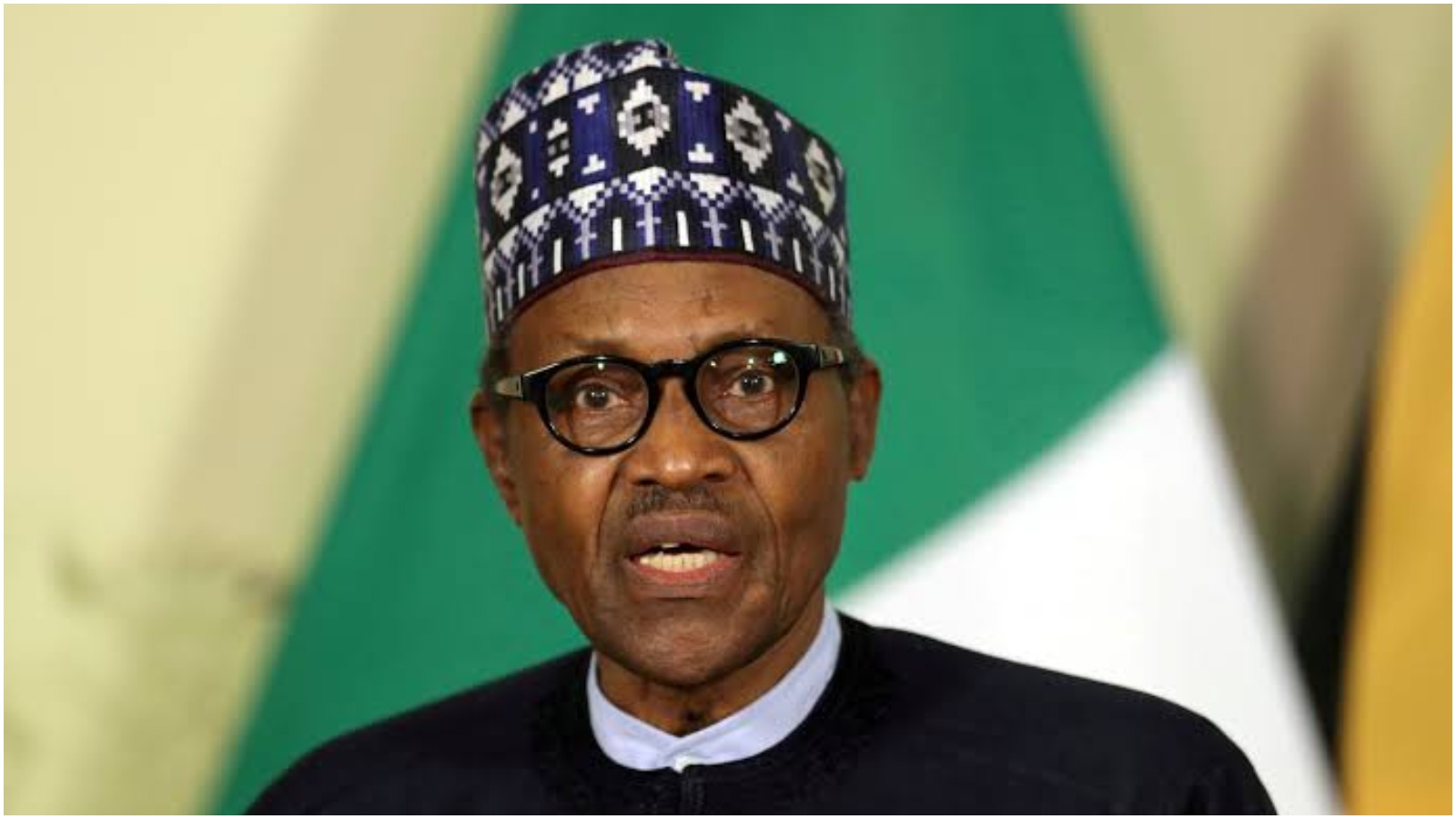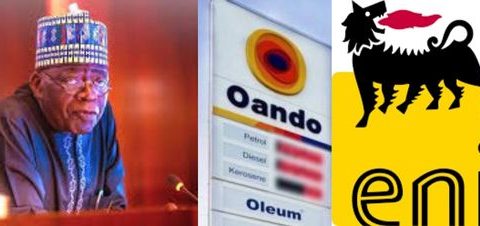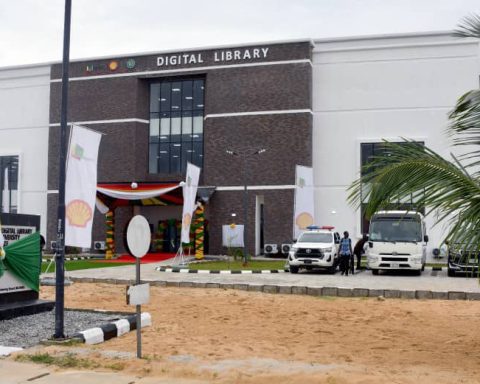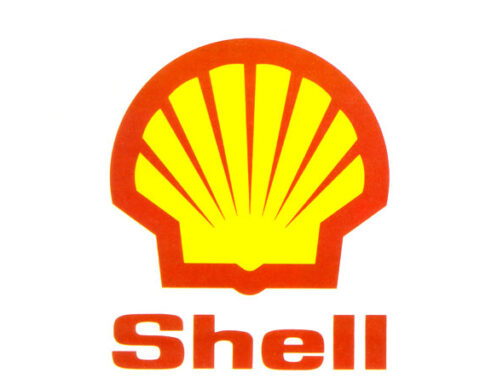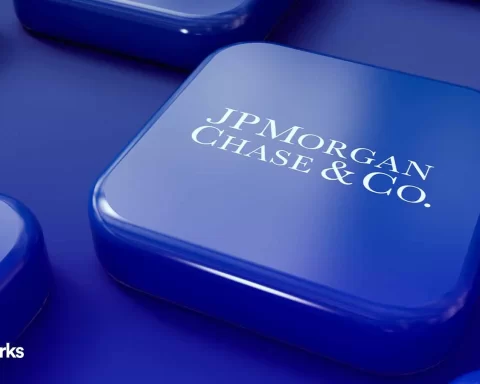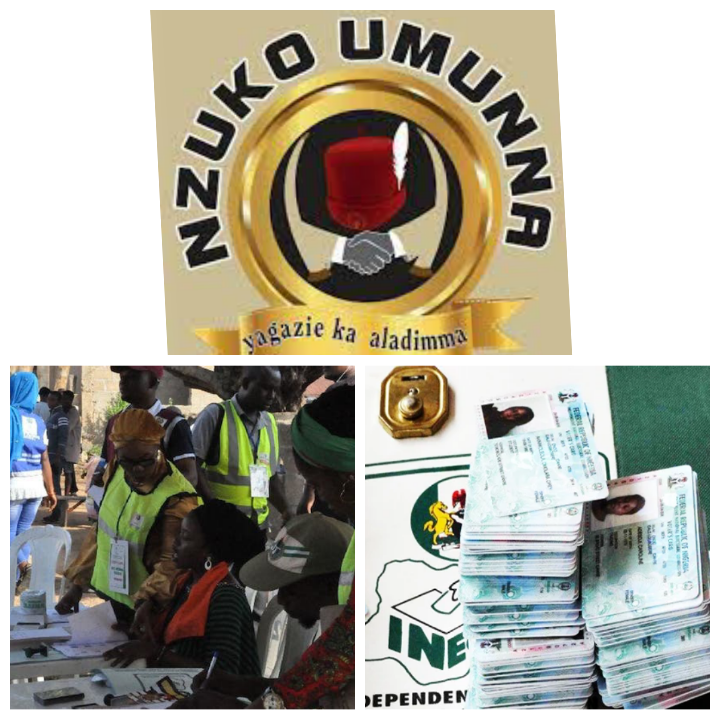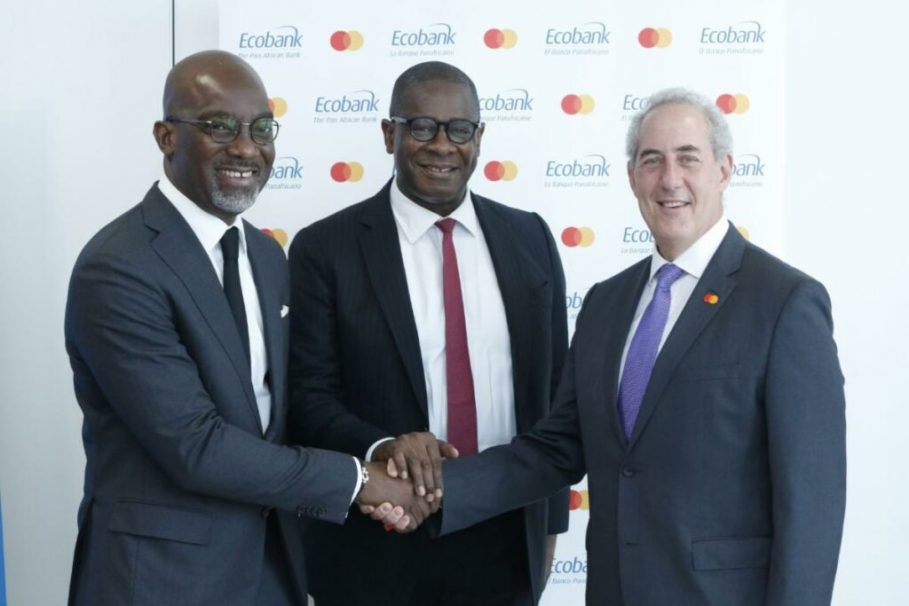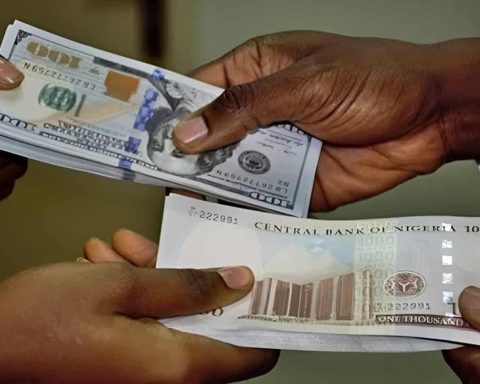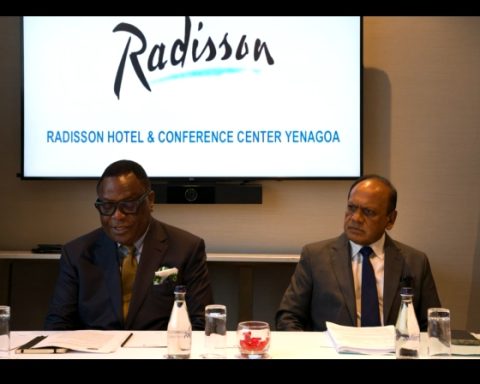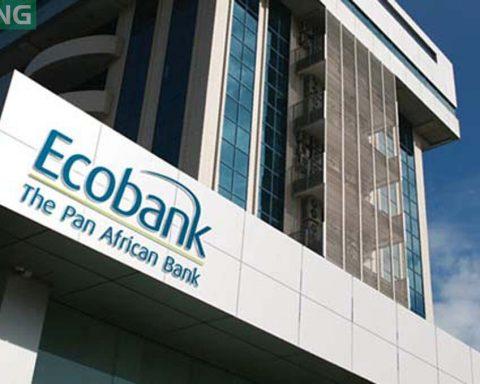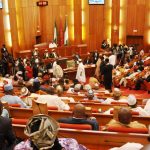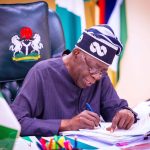Nigeria loses it lawsuit against JP Morgan Chase Bank, after Judge Sara Cockerill, of the British High Court, ruled against the country on Tuesday, in the fraud case relating to the Malabu Oil scandal 11 years ago.
The country had filed $1.7 billion damages against JP Morgan Chase, stating that the American multinational investment bank should have stopped the $1.1 billion OPL 245 deal involving Shell and Eni in 2011.
Join our WhatsApp ChannelNigerian government said the transfer of the oilfield was enmeshed in corruption, showing red flags of fraud, which it state JP Morgan should have noticed through its money laundering checks. This prompted the FG to sue on the ground of “Quincecare duty”.
Quincecare duty is a regulation that enables financial institutions not to heed to the transfer instructions of their clients if they understand that such action would result into fraud. However, the company denied having knowledge about the illegality surrounding the deal.
JP Morgan Chase argued that its management carried compliance checks, and there was no objection from the Nigerian government until Muhammadu Buhari administration came in, and queried the deal.
Judge Cockerill side with JP Morgan Chase, stating the Nigerian government didn’t provide enough convincing to ascertain it was defrauded, hence, ruling against the $1.7 billion the Federal government was hoping to get from the company through the lawsuit.


